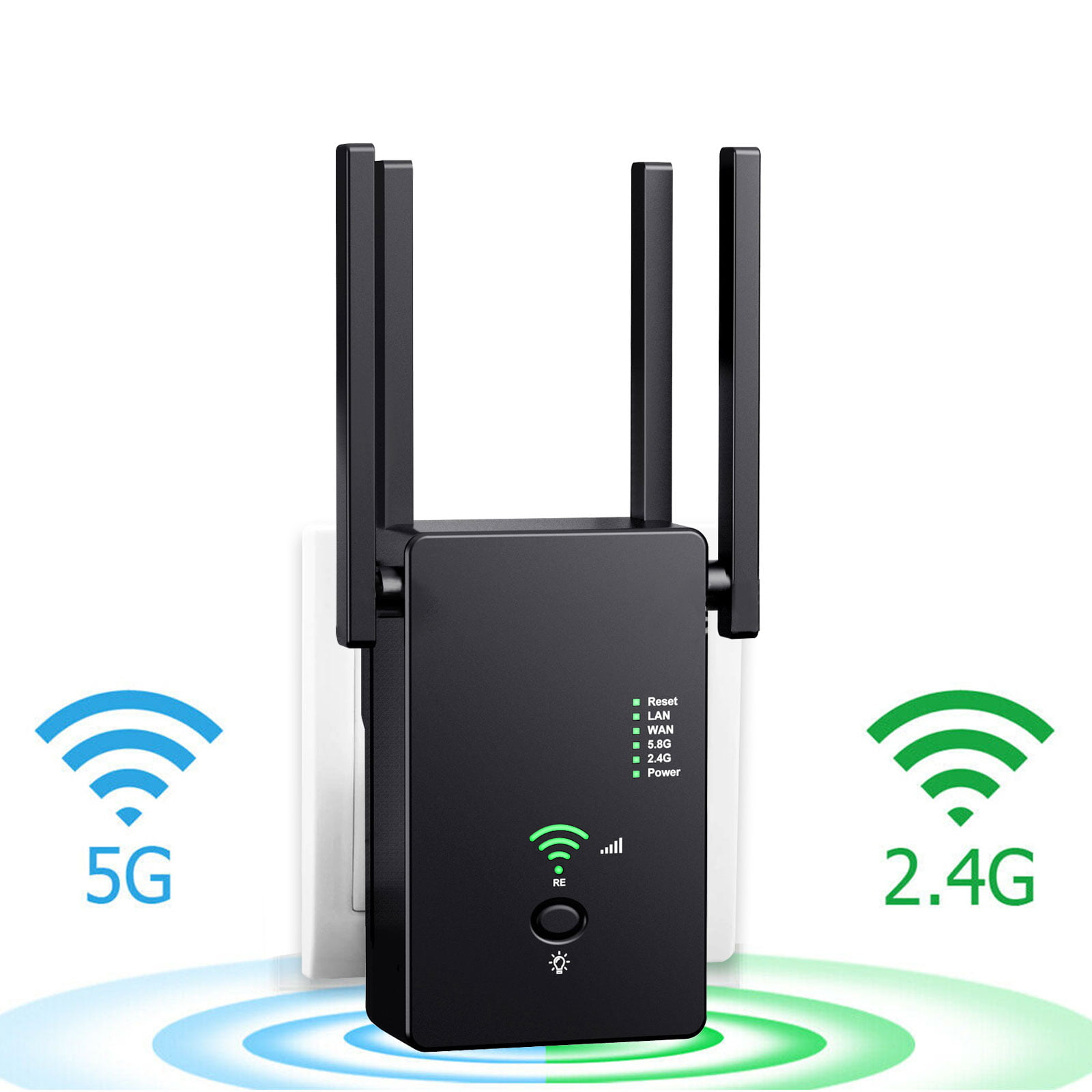

Bandwidth hoggers: Sometimes, the problem isn’t with the strength of your WiFi signal but with the capacity of your internet connection.You can’t reasonably expect a low-end router to provide reliable wireless access to the internet to a busy office with more than a dozen of employees and several fax machines, WiFi connected printers, and wireless security cameras. Router capacity: Just like some computers can barely handle casual web browsing and some can render complex 3D objects, not all routers are equally powerful.Of course, WiFi networks can also interfere with one another, a problem that’s especially common in apartment buildings and other densely populated areas. Interference: WiFi signals occupy the same radio frequency band of the electromagnetic spectrum as actual radios, cell phones, microwave ovens, walkie talkies, baby monitors, and many other devices, all of which can interfere with WiFi signals.These WiFi blockers have especially negative effect on 5 GHz WiFi networks, because higher frequency signals don’t penetrate solid objects nearly as well as lower frequency signals. Obstructions: WiFi signals can be partially absorbed or even completely blocked by various obstacles and objects, including walls, duct work, furniture, home appliances, and even people.You can determine the reach of your WiFi router using a WiFi analyzer app like NetSpot. Cheaper routers may even struggle to cover a relatively small apartment with a strong WiFi signal - let alone an entire house. Physical distance: For obvious technical and safety reasons, WiFi routers don’t have the same transmitting power as cell towers.Speak to our specialists in any Harvey Norman store or shop online today.The seemingly unreliable nature of WiFi networks has everything to do with the fact that there are many factors that influence their performance. The impact should be instant, allowing you to connect your phone, laptop or iPad immediately from anywhere in the house. Some require new login details and others can connect to the original network. They all essentially build a connection with the router in order to amplify the existing signal.

There is little difference between extenders, boosters and repeaters. How Do Wi-Fi Range Extenders Work?Įvery wireless extender serves the purpose of boosting internet speed. Weak areas are determined by deteriorating call quality which make for a prime spot for your new wireless range extender, which poses the next question. Here's a handy tip – video call a friend who is standing next to the router and move throughout your home until you begin losing signal. It's all about location, location, location! Find an optimal spot for your modem first and if the signal is still weak, then it's likely you need a Wi-Fi booster. Do You Need a Wi-Fi Extender?Įven brand new wireless routers can lack strength. Whatever your networking needs are, choose from multiple Wi-Fi extender brands including Netgear, TP-Link and D-Link - available at Harvey Norman. Design - Other models feature a user-friendly touchscreen design or a compatible app.Installation - Plenty of devices require minimal setup simply the touch of a button for some.Usage - A business environment requires a more powerful extender compared to a small apartment.Purpose - A strong, reliable connection is required to support multiple smart home devices.Whether you have multiple computers to service in an office or your home simply needs a Wi-Fi booster – high-speed internet is en route! Which Wireless Extender is Best?Ĭonsider the following factors before choosing a Wi-Fi range extender: There's nothing more frustrating than your favourite show buffering mid-scene or an interrupted overdue FaceTime with friends. Why suffer through a bad signal when you could enjoy reliable reception.
#Best boost wifi signal full#
See Full Range Get Savings for your next RugsĬonsider buying a Wi-Fi extender if you're tired of fighting a losing battle against weak internet. Hibernation Haven Shop our latest Quilts & Pillows


 0 kommentar(er)
0 kommentar(er)
